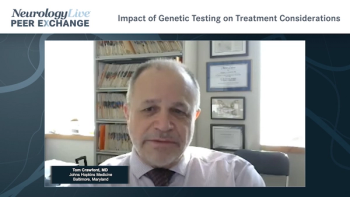
A panel of experts in SMA builds a lively discussion on the accuracy and prognostic value of genetic testing and screening and examines how results may impact treatment considerations.

A panel of experts in SMA builds a lively discussion on the accuracy and prognostic value of genetic testing and screening and examines how results may impact treatment considerations.
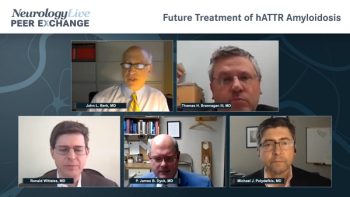
Analysis of current and newer therapies for the treatment of hereditary ATTR amyloidosis.
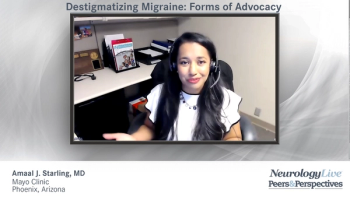
Examples of migraine advocacy as it pertains to health care professionals and advice for clinicians who manage patients with migraine to help address the stigma often associated with the condition.
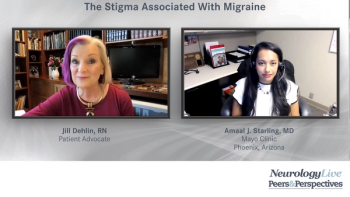
Amaal J. Starling, MD, of Mayo Clinic, expresses how common and disabling migraine is on patients and comments on the stigma associated with the condition.

The Vice-Chair for Research at the Cleveland Clinic Neurological Institute discussed topline results from the EMPhASIS trial of IMU-838.
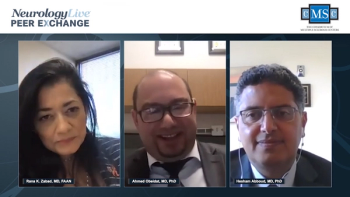
Join Ahmed Obeidat, MD, PhD; Hesham Abboud, MD, PhD; and Rana K. Zabad, MD, FAAN, for perspectives on how the diagnostic criteria for multiple sclerosis have evolved over time.
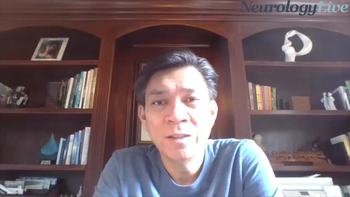
The director of the Center for Neurological Restoration at Cleveland Clinic provided an inside perspective on how the MANAGE-PD tool can effectively assist in the Parkinson disease screening process.
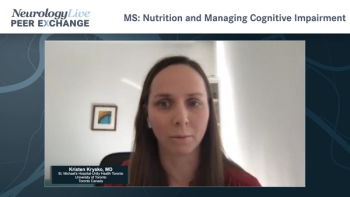
The importance of proper nutrition as a therapy for symptom control in multiple sclerosis and some strategies to manage cognitive impairment.
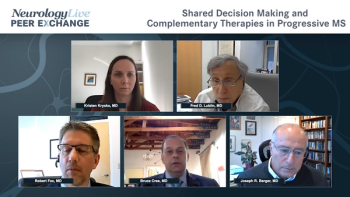
Joseph R. Berger, MD, elaborates on the importance of shared decision making in the treatment of multiple sclerosis and how it relates to complementary and natural therapies for symptom control.
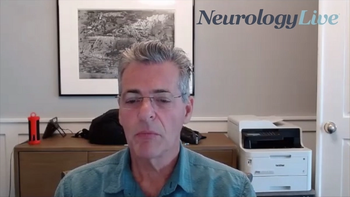
The Ralph and Luci Schey Chair and Director of the Schey Center for Cognitive Neuroimaging at Cleveland Clinic, outlined the different tests that make up the MSPT battery.

The director at AbbVie discussed a subgroup analysis of the phase 3 ADVANCE study of atogepant in patients with migraine and its benefit on patient-reported outcome measures.
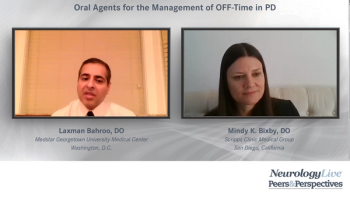
Expert neurologists consider the advantages and disadvantages of oral agents for OFF time in Parkinson’s Disease such as opicapone, extended-release amantadine, and istradefylline.
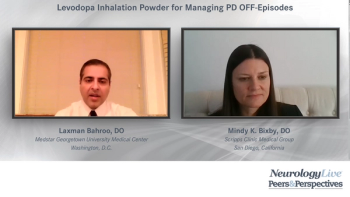
Experts in Parkinson’s Disease build a discussion on the use of levodopa inhalation powder for the management of OFF time and reflect on patients’ considerations when switching therapies.
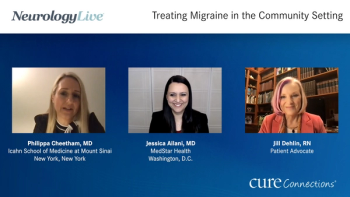
Advice to community neurologists and other care providers who may treat patients with migraine in the community setting on incorporating newer therapies, such as CGRP inhibitors, into practice, and a list of reputable resources where patients can turn for additional support.
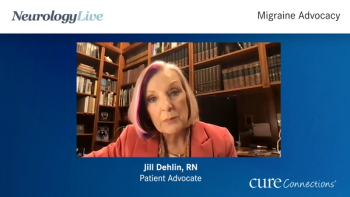
Jill Dehlin, RN, describes her role as an advocate in supporting others with migraine and connecting them to the support and resources needed to best manage their condition.

The director of the MedStar Georgetown Headache Center spoke to the considerations she makes in determining when patients with migraine may need a nonoral therapy to address their disease.

The senior investigator at the National Institutes of Neurological Disorders and Stroke spoke about new opportunities for research into brain lesions and microglia.

Experts in neurology give insight into recent advancements in genetic testing for amyotrophic lateral sclerosis (ALS) and discuss what factors to consider when offering it to patients.

A panel of experts considers the usefulness of diagnostic criteria and disease staging systems for patients with amyotrophic lateral sclerosis (ALS) as entry criteria for clinical trials.
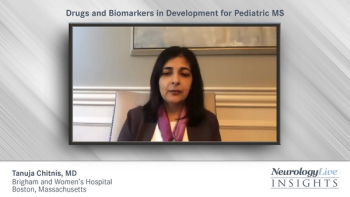
Expert neurologists discuss drugs in development for pediatric multiple sclerosis and consider the potential for biomarkers to monitor treatment response or new disease activity in the future.
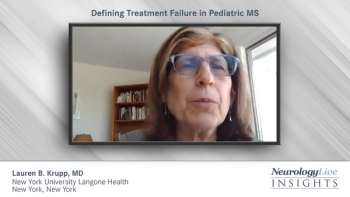
Lauren B. Krupp, MD considers how treatment failure in pediatric multiple sclerosis may be defined as disease relapse, new or enlarging legions, inability to tolerate treatment, or lack of adherence.

The director of the MedStar Georgetown Headache Center spoke to the efficacy and application of a new formulation of the longstanding agent dihydroergotamine in the treatment of migraine.
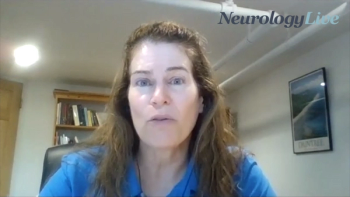
The senior director of patient management, care, and rehabilitation research at the National MS Society discussed symptoms of MS that need more research, as well as other factors impacting care, such as comorbidities.
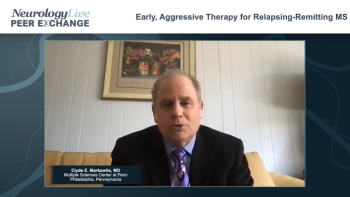
The rationale for initiating aggressive therapy early on to treat patients who present with relapsing-remitting multiple sclerosis.
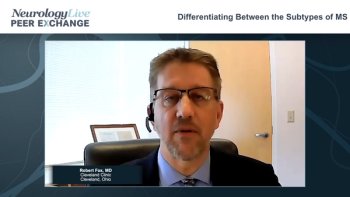
An overview of the clinical subtypes of multiple sclerosis and factors that help neurologists distinguish between each type for an appropriate diagnosis.
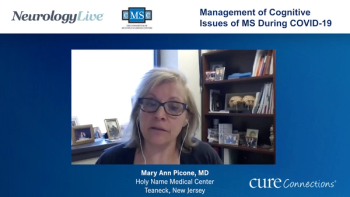
Strategies for diagnosing and treating cognitive issues of multiple sclerosis during COVID-19.

Maintaining a healthy diet and exercise when combating multiple sclerosis.
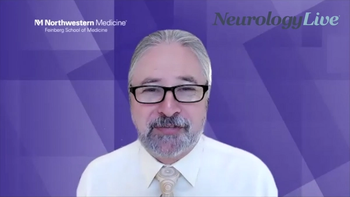
The vice chair for research at the Northwestern University Feinberg School of Medicine discussed how the cognitive mobile toolbox can be used to assess cognition in all populations.
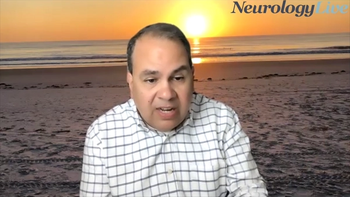
The professor of neurology at Mayo Clinic detailed ways to address social determinants of health and the gaps in care for patients with epilepsy.

The clinical research director at the UCSF Multiple Sclerosis Center discussed the findings of the long-term open-label assessment of inebilizumab in neuromyelitis optica spectrum disorder.